You create your own reality. Your reality is greatly shaped by the preconceived assumptions which you tell yourself about your worth, your weaknesses, your past experiences, and your capabilities toward facing future experiences. These assumptions can create motivation and confidence or can create insecurity and sadness. These assumptions can cause a “stuckness” which prevents you from exploring different life opportunities, from trusting your intuitions, from doing your best in daily tasks, from living authentically, and from communicating openly in academic, work, and personal environments. In this blog post we will explore the impact of inner talk for PTSD, self-statements for PTSD, and impact of PTSD and relationships.
I help many clients with PTSD to recognize their trauma triggers and to utilize effective coping behaviors and cognitive redirects, so that they can feel a sense of power and mastery over their trauma and self-defeating beliefs. PTSD can result from long-term emotional abuse from a romantic partner, from childhood trauma, from a death, and from any significant loss in one’s life. Trauma can cause a chronic state of “crisis mode,” which frequently manifests as physiological “fight or flight” reactions when one is triggered. This “crisis mode” can then create negative self-statements which are focused on one’s inadequacy, fear of failure, fear of abandonment, worthlessness, hypervigilance, and emotional numbness, which is also known as the “freeze” response.
Effect of PTSD and Relationships
Those with PTSD often experience difficulty within their intimate relationships, due to their ongoing negative inner talk which can cause them to be defensive, needy, distant, or mistrusting. Furthermore, many of those with PTSD may still be enduring the trauma by interacting or even still living with the same person who triggers their vulnerabilities and fears. They may often feel confused, angered, or unsafe, as a result of ruminating trauma-related self-statements. Also, they may be attracted to partners who are volatile, narcissistic, or unreliable, which is an often subconscious way of replaying their earlier experiences of feeling unseen or unheard. Due to beliefs about worthlessness, those with PTSD are often emotionally disconnected and engage in emotional avoidance as a coping strategy. Many PTSD survivors may shut down and push away significant people in their life, mainly out of a strong fear of attachment which may be followed by abandonment or mistreatment. Partners may feel confused or angry, as well as emotionally unheard, which will only reaffirm the PTSD partner’s fear of abandonment.
Impact of PTSD on Ability to Trust
Anyone who has experienced chronic, repeated, or severe trauma in childhood has often lost the ability to unconditionally trust those in their lives, including themselves. As children, their parents or caregivers who were supposed to protect and love them may have abandoned them, ignored their needs, or physically or sexually abused them. If a person has experienced a betrayal of trust in their formative years, they can carry this with them into their adult relationships through their negative self-statements about trust issues. For some PTSD survivors, relationships with romantic partners, friends, and family members can be too overwhelming and a threat to their safety. Because of their intrusive fearful thoughts about being abandoned or mistreated, they may self-isolate or may avoid intimate relationships altogether.
Empowering Self-Statements for PTSD
I use some refocusing and empowering mantras as needed known as self-statements for PTSD. They are the following: “When you let go of fear, you open the path to strength,” “Befriend your demons. They are your best teachers,” “Keeping your head above the deep water is enough,” and “Lean into the uncertain moments of life and just do your best.” Many people find themselves in a reality of anxiety or self-doubt or fear. Unfortunately, because feeling unsafe is at the core of emotional avoidance, many with PTSD may feel misunderstood by those in their lives, which can cause them to further isolate themselves. They avoid others, due to their extreme fears and trust issues. Some may even find it “normal” or “comfortable” because it may be all that they have known. Others may have developed survival responses that have left them vulnerable to more narcissistic friendships or romantic relationships.
PTSD may be avoided, dismissed, minimized, or exaggerated. PTSD survivors are likely to ruminate on self-statements which are focused on fears of abandonment or rejection, which create the perception of a fragmented sense of self-identity, and which may block their ability to be in a romantic relationship. Inner talk for PTSD may also lead to avoidance of romantic relationships. Stepping into the challenges which life inevitably presents is extremely dependent upon your inner talk. This inner talk can be understood as self-statements which guide your behaviors throughout each day and influence how you perceive others’ behaviors toward you. Your self-statements have the power to create an optimistic and focused reality. You can apply empowering self-statements at any waking moment to refocus your attention on important tasks or to minimize your “negativity triggers.” Dealing with these triggers is not easy, yet you will find that your ability to overpower these triggers is a valuable tool in facing more of life’s unknowns.
New Age Psychiatry offers licensed and certified psychiatric services through virtual telehealth appointments within the state of Florida. We understand the complexities that come with mental health disorders and symptoms, and we will work hard to help you manage your condition.
New Age Psychiatry is a modern mental health service in Florida that approaches addiction and other mental health issues with compassion and forward-thinking techniques. New Age Psychiatry offers certified psychiatric services through telehealth appointments in Florida. Some of the highlights of the New Age Psychiatry approach include:
- Online Screening – We will begin with certified online screening to provide an overview of psychiatric care. We also offer a personalized, specific diagnosis through our psychiatric Telehealth services.
- Diagnosis, Recovery, & Treatment – Our full range of comprehensive psychiatric telehealth services can aid in treating a multitude of psychiatric illnesses and assist in the recovery process in alcoholism.
- Telehealth Services – Our psychiatric telehealth services are available throughout the state of Florida and can assist you in psychiatric care through counseling and medication management






